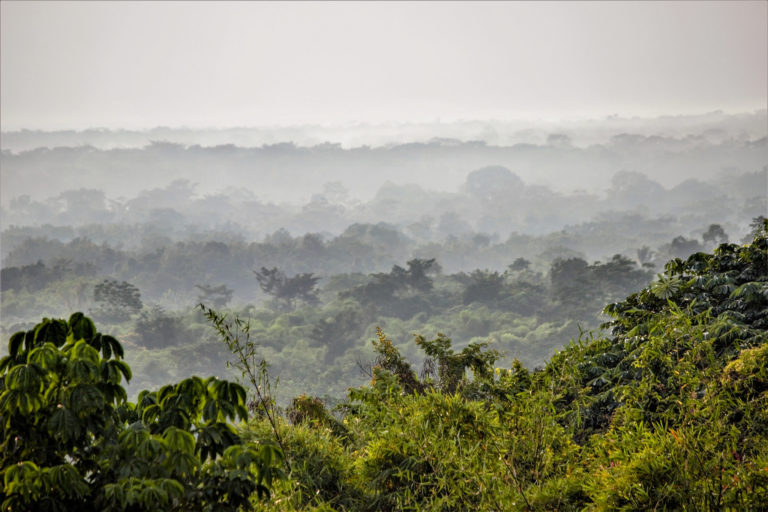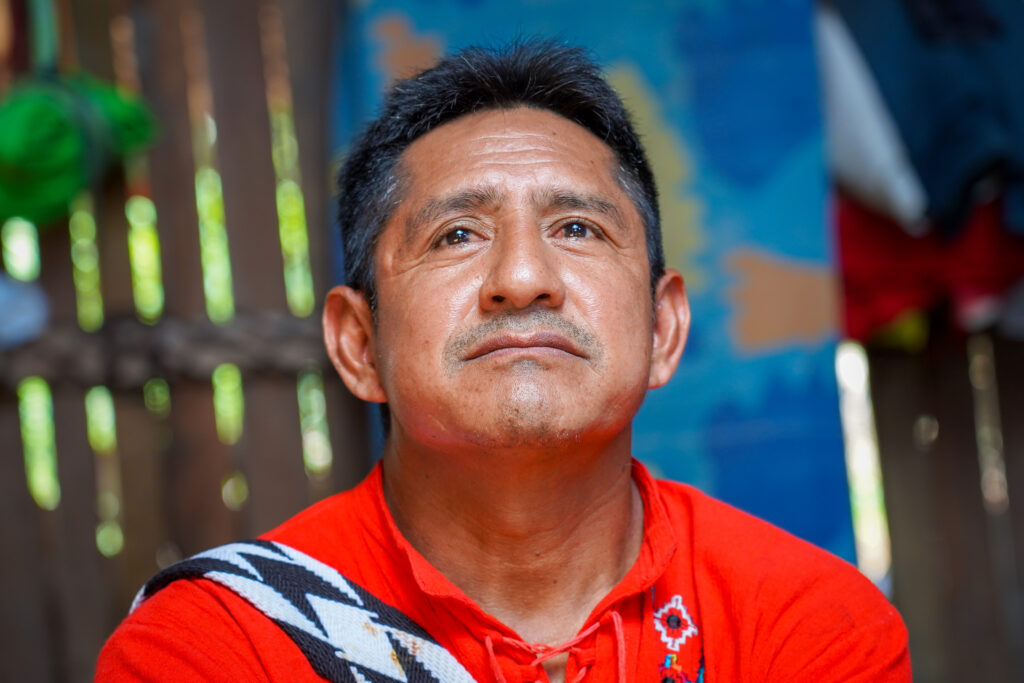
Land Use Policies
Deforestation is rarely in the best interest of national or local societies. Land use policies are critical tools for balancing environmental preservation with socio-economic development. Countries can reduce forest destruction while still increasing production of food and commodities, meeting the national development goals.
Developing forest countries are enacting important reforms to improve land use governance. Most forest countries have significant potential for improved land management by making areas outside of forests available for new investments and by increasing yields on existing farms.
Our work with Land Use Policies
We work to support countries in their efforts in improving land use. NICFI is perhaps most known for its large results-based bilateral partnership with the key forest countries, where we disburse payments for reduced deforestation verified by satellite imagery. This makes up the lion’s share of our budget, diplomatic efforts, and human resources.
Paying for results reduces the risk to Norwegian taxpayers – we only pay where we have a successful and committed partner. It is also targeted at the key result, and less politically intrusive, ensuring the ownership and sovereignty of our partner country.
NICFI also supports capacity building efforts and improved land use policies through multilateral channels and civil society partners.
 Photo: Marte Lid, Norad
Photo: Marte Lid, Norad
